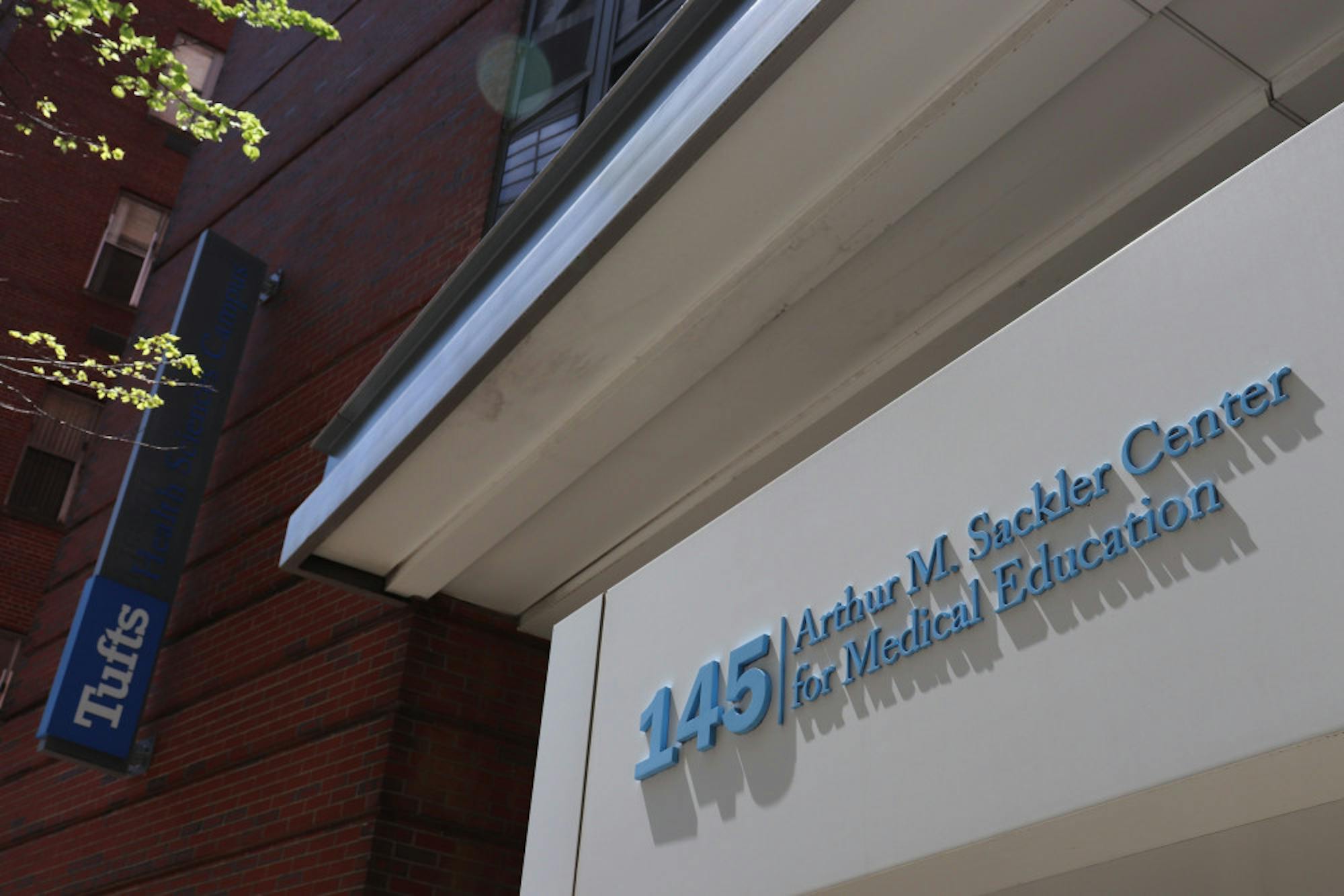Purdue Pharma, the company whose signature opioid, OxyContin, is widely seen as driving the nation’s opioid crisis, filed for Chapter 11 bankruptcy on Sept. 15. The move is part of an ongoing effort by the company’s owners, the Sackler family, to settle more than 2,600 lawsuits brought by municipal and state governments.
Yet the company’s decision to file for bankruptcy faces a stiff fight in bankruptcy court. Massachusetts Attorney General Maura Healey, the first attorney general to bring a lawsuit against Purdue Pharma, its executives and its owners over their role in the opioid crisis, fiercely contested the filing, claiming that its terms do not hold the company or the Sacklers accountable for illegally marketing opioids and profiting from the crisis.
“[Purdue Pharma’s filing] should not be about billionaires looking to use the bankruptcy process as a vehicle to further shield their assets and escape their accountability,” Healey said at a press conference in Boston on Monday.
Subject to the approval of a bankruptcy court judge, Purdue Pharma would effectively be dissolved under the terms of its proposed settlement, The New York Times reported. A new type of company, known as a public benefit trust, would be formed to continue selling OxyContin and other medicines. The profits would be used to pay the plaintiffs for damages related to the opioid crisis. The entity would comply with new restrictions on the marketing and sales of opioids.
Additionally, Purdue Pharma would donate drugs for addiction treatment and overdose reversal to the public. The Sackler family would pay $3 billion in cash over seven years and would be forced to sell their Britain-based drug company, Mundipharma.
Notably, according to The New York Times, the Chapter 11 bankruptcy — if approved — would prompt an automatic stay of current civil litigation against Purdue Pharma over the opioid crisis. The settlement also does not include an admission of wrongdoing.
Twenty-four other state attorneys general have joined Healey in rejecting the terms of the bankruptcy filing. They warn the deal is not worth even half of what Purdue claims it is; according to Healey, Purdue Pharma’s own documents reveal that it could be worth as little as $4 billion, not the $10 to $12 billion that the company is trying to purport it to be.
Healey and the other state attorneys general have also denounced the settlement as it likely would not require the Sacklers to pay back a dime of the money they made from OxyContin sales over the past few decades. Instead, funds derived from the ongoing sales of OxyContin would flow to communities covered by the settlement, which critics view as a perverse incentive to sell more of a drug that has already caused immeasurable harm.
“This settlement is to be funded by continued and future sales of OxyContin here and abroad reject that,” Healey said at the press conference. “Every day, people in this country are dying as a result of opioids. Fundamentally I don’t look at that as doing good or being part of the solution.”
Tufts has a long-standing relationship with Purdue Pharma and the Sackler family. According to previous reporting by the Daily, the university received multiple gifts from the Sackler family, including a 1980 endowment that established the Sackler School of Graduate Biomedical Studies, as well as the Arthur M. Sackler Center for Medical Education.
The Sackler family also funded the Master of Science in Pain Research, Education & Policy (PREP) degree program within the Sackler school. According to Healey’s original lawsuit filed against Purdue Pharma and the Sackler family, Purdue Pharma’s support for the PREP program was part of a deceptive OxyContin marketing campaign that de-emphasized the drug’s addiction potential and bolstered prescriptions, helping to spark the statewide crisis of opioid abuse.
Additionally, a previous Daily investigation revealed another manifestation of Purdue Pharma’s close relationship with PREP: the hiring of anesthesiologist J. David Haddox, a former executive at Purdue Pharma, as an adjunct associate professor for the PREP degree program.
On March 26, Tufts announced that it had recruited Donald K. Stern, a former U.S. attorney for the district of Massachusetts, to review its relationship to the Sackler family and Purdue Pharma. Although Monaco hoped that Stern would complete the report by the summer, the university has not sent any formal updates on the report.
According to Patrick Collins, executive director of public relations at Tufts, the investigation is ongoing. He said that its results will be used to determine if any changes need to be made moving forward.
“As reported previously, the university has engaged former U.S. Attorney Donald Stern to undertake a review of Tufts’ connection with Purdue Pharma to ensure that we were provided accurate information, that we followed our conflict of interest guidelines and that we adhered to our principles of academic and research integrity,” Collins told the Daily in an email.
“Until it is complete, out of respect for the process we will not have further comment on any aspect of our relationship with Purdue, the Sacklers, or any matter raised in the Attorney General's lawsuit against Purdue,” Collins said.
Purdue Pharma files for bankruptcy amidst fierce opposition, questions about Stern report whereabouts

The former Arthur M. Sackler Center for Medical Education is pictured on June 19.





